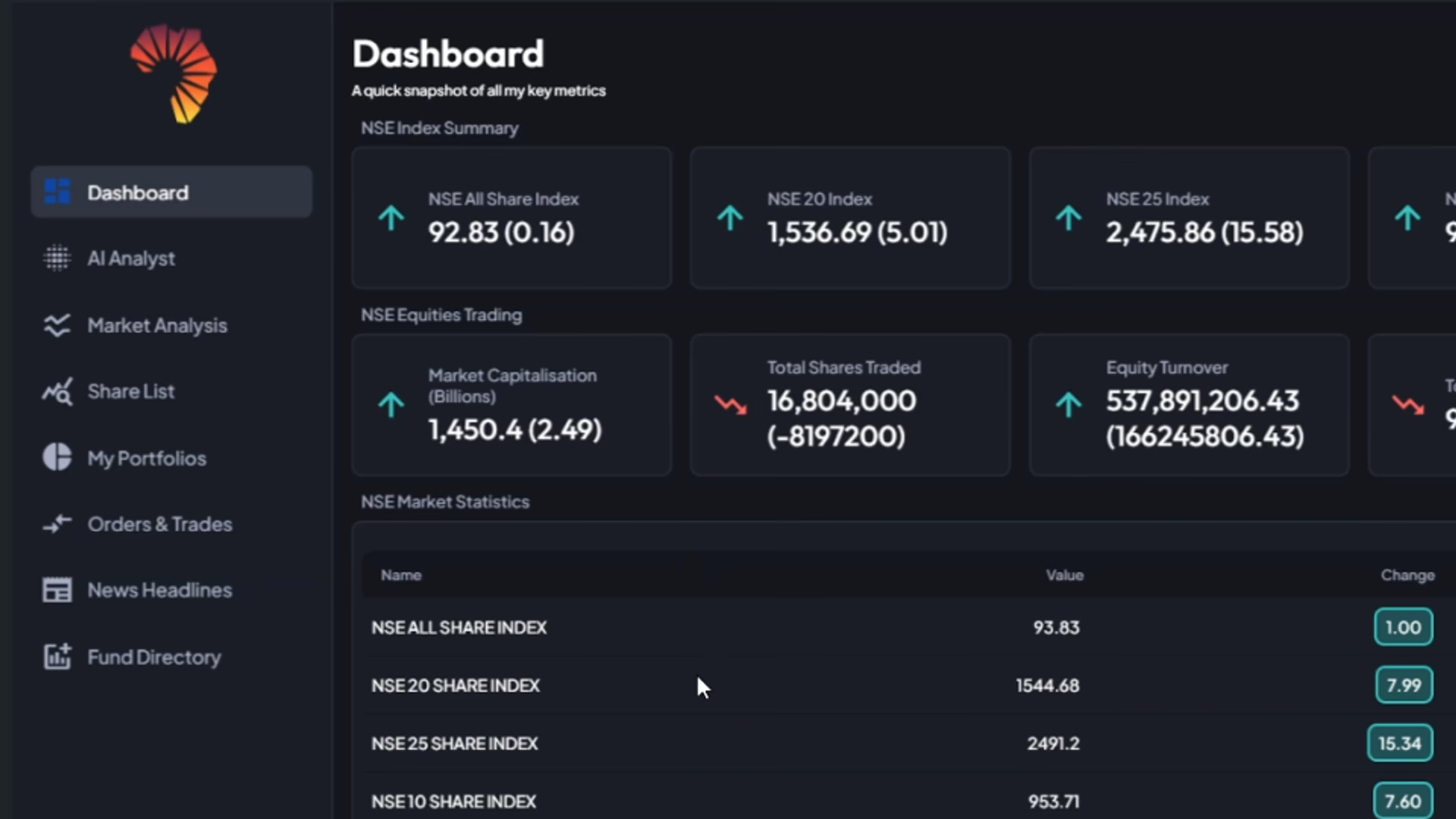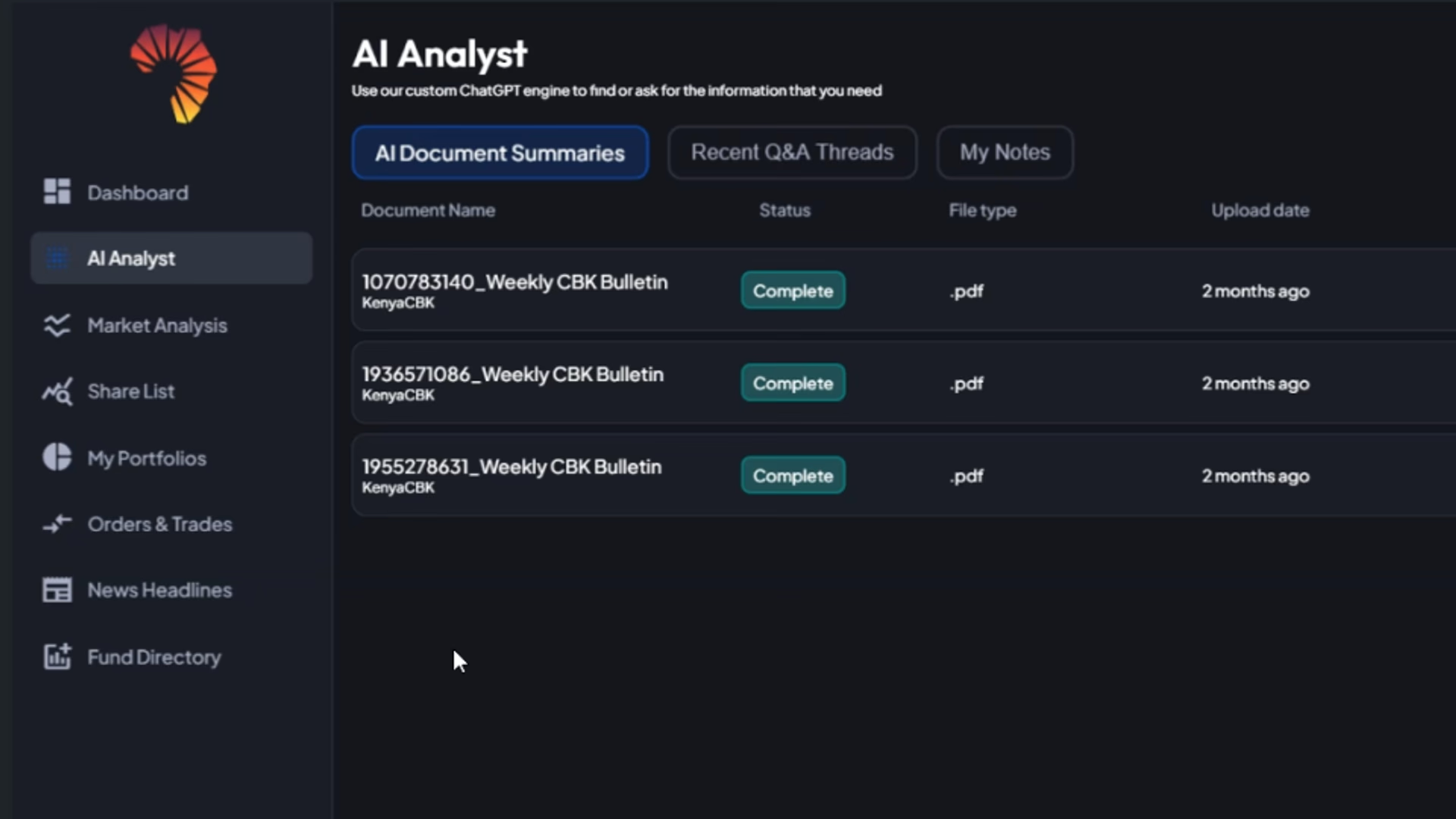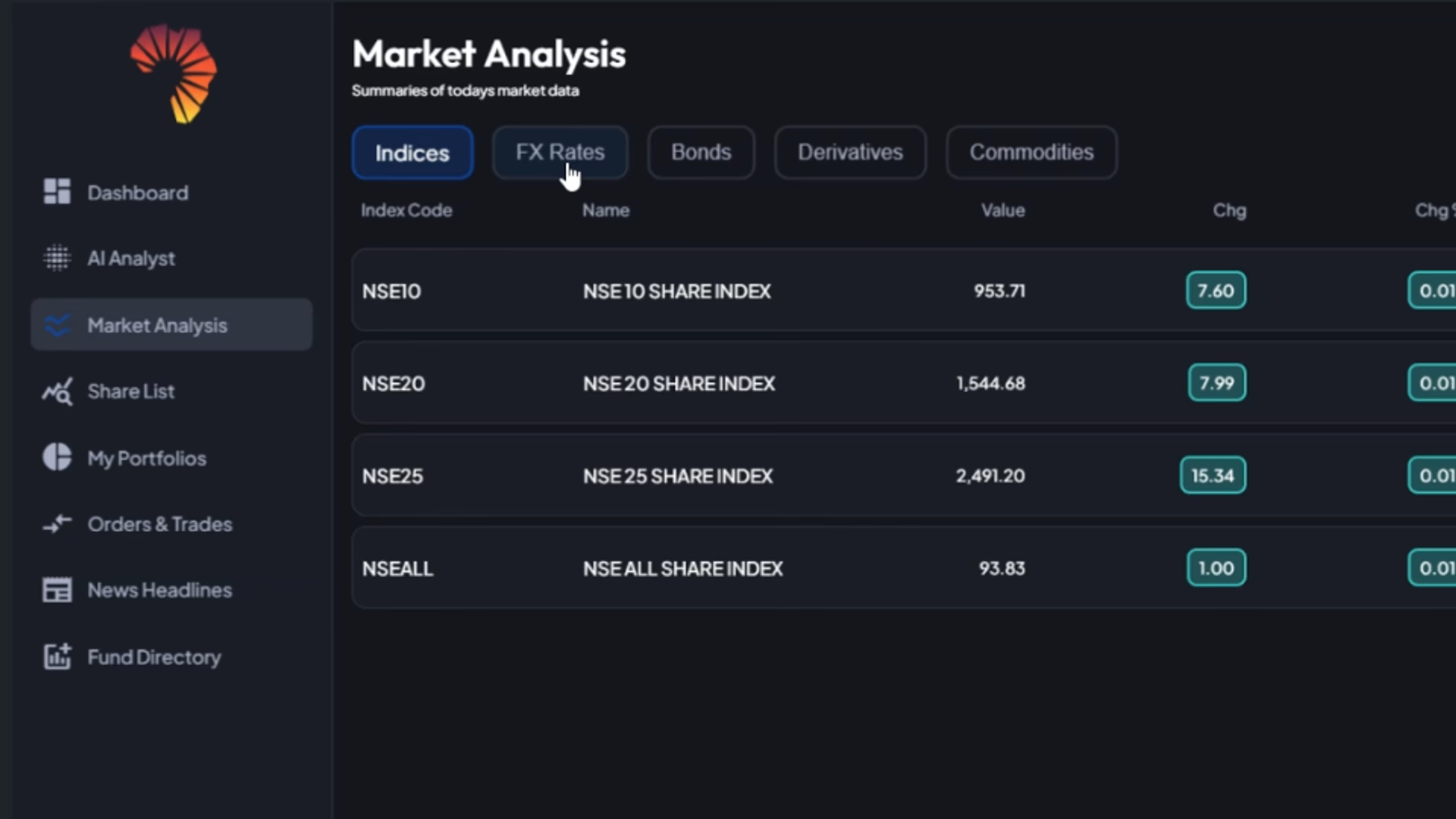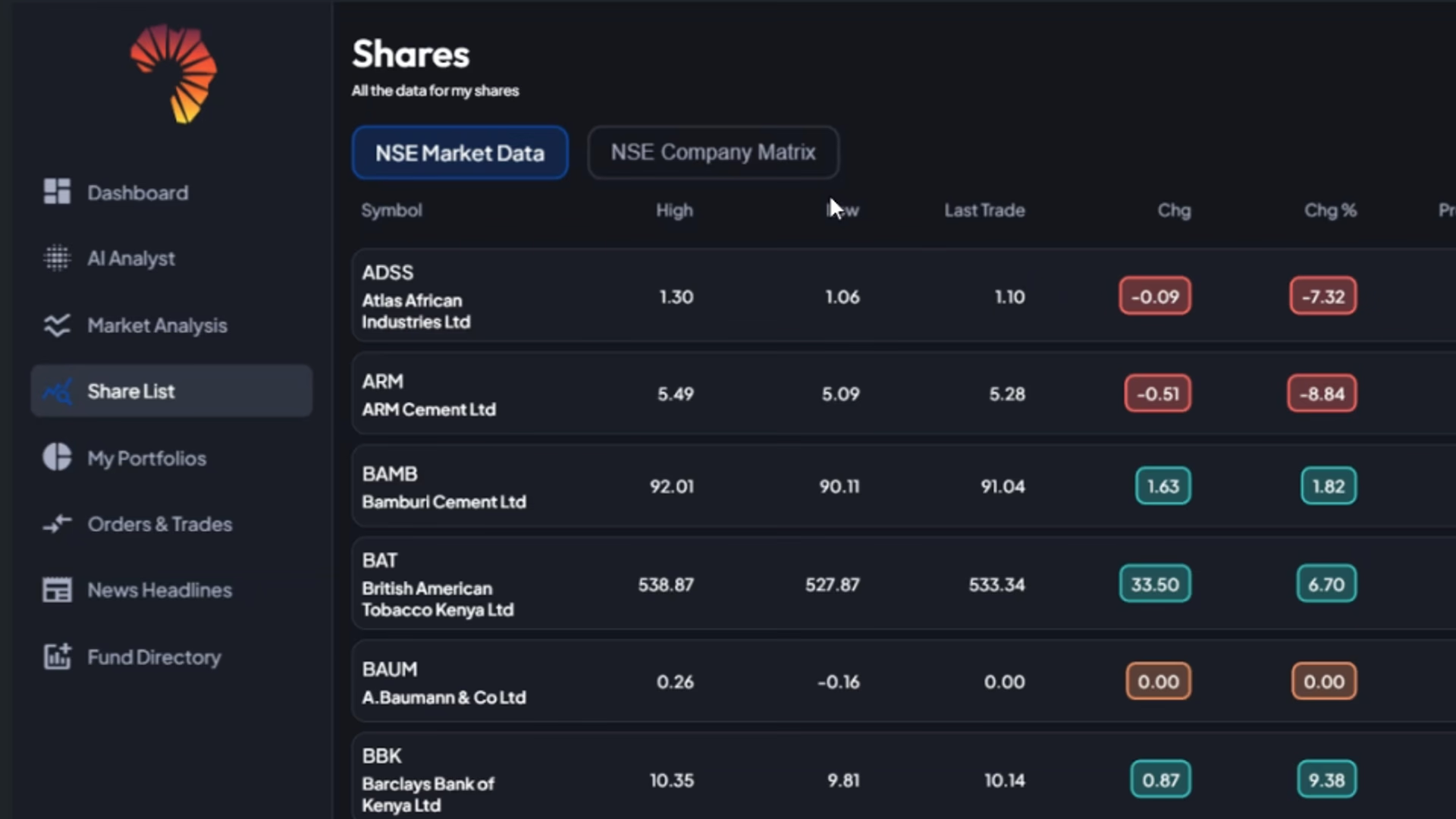The Early Days of Bitcoin
A person or group identifying themselves as Satoshi Nakamoto sent the Bitcoin whitepaper on October 31, 2008, to a cryptography mailing list on the website metzdowd.
The Bitcoin network was established on January 3rd, 2009 when Satoshi Nakamoto mined the genesis block, the first block in the chain.
As soon as electronic cash began to be transacted on a peer-to-peer (p2p) network, interest in it began to increase. Some saw it as a once-in-a-lifetime investment opportunity, others as a way to fix the economy after the 2008 financial crisis, a way to safely move money online without the involvement of third parties, among other perspectives.
To gain access to magical internet money, one would need to put up a mining station, accept them as a gift or payment from another person, or purchase them, which led to the emergence of online marketplaces where people could buy and trade their Bitcoins.
A user of the Bitcointalk forum by the name of dwdollar established the Bitcoin Market website in February 2010 so that people could buy and sell bitcoins with the help of PayPal payment processors. PayPal eventually withdrew its support for the Bitcoin market owing to fraud.
Bitcoin launched in March 2011 and BitMarket in April, and later in July 2010, Mt. Gox was established. Users in the US, Europe, and South America could easily access this information during this time. But what about Africa?
Bitcoin Adoption in Emerging Markets
Africans didn’t have access to the first platforms where they could purchase Bitcoin until 2013, when Luno and BitPesa launched in South Africa and Kenya, respectively. In 2015, the government filed a lawsuit against BitPesa, and the company’s access to M-PESA, Kenya’s most widely used payment network, was restricted.
P2P services that let users purchase and sell Bitcoin from each other through an escrow facility and settle payments offline first appeared in the spirit of decentralisation and enabling p2p transactions.
Just posting a buy or sell ad on the p2p platform would allow a seller or buyer to start a trade with the platform acting as an escrow agent.
Local bitcoins, remitano, local cryptos, and later Paxful provided platforms for this. Users could simply publish a buy or sell ad on the platform, and a seller or buyer would then initiate a trade with the platform providing an escrow service and guidelines for establishing trust. This really helped users avoid the cold shoulder given by banks and mobile money services.
It is impossible to overestimate the importance of the platforms and p2p trade in enabling access; in fact, most users will readily admit that their first wallet was with the platforms. We took advantage of these by sending and receiving money across borders, arbitraging margins, buying to get access to trading exchanges, and buying to hold and sell at higher prices, to name a few.
For years, Kenya, Nigeria, South Africa and Ghana featured in the top 5 countries with the highest Bitcoin p2p volumes in the World.
What’s Next for P2P and Bitcoiners?
The crypto winter and low volume were among the reasons given recently by the majority of these platforms for their recent announcements that they would be winding down and closing. Users have been advised to move their funds to external wallets, for example, Yellow Card. In reality, the p2p trading model may have already fulfilled its intended function. Scams haven’t helped either, as shady gamers try to take advantage of unwary users to steal their hard-earned money; sadly, I’ve been a victim of this.
Some of the ruses scammers have been using include blocking and not paying gullible newcomers who release assets before confirming payments, reversing payments made, especially those from bank to mobile money, filing false complaints with doctored payments records, using fraudulently acquired funds to pay you, thus inviting a visit from the authorities.
Government bodies are developing guidelines on the subject in order to fully open the industry to facilitation by centralised institutions like banks and mobile money. The entry of platforms like Yellow Card, which allow one to buy and sell Bitcoin, Eth, Solana, cUSD, USDT, Cardano and USDC with their bank and mobile money, presents a new dawn for safe, convenient, and seamless trading experiences.
Win one Bitcoin in the get a whole in your wallet giveaway campaign by transacting at least KES 1,330 on Yellow Card.





